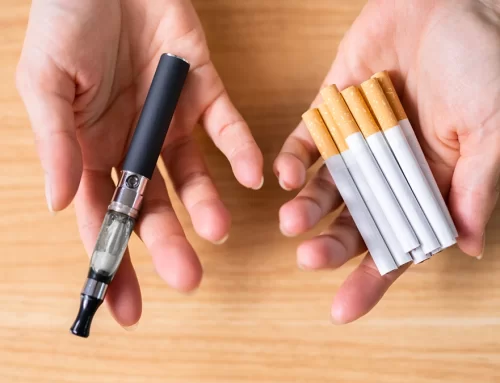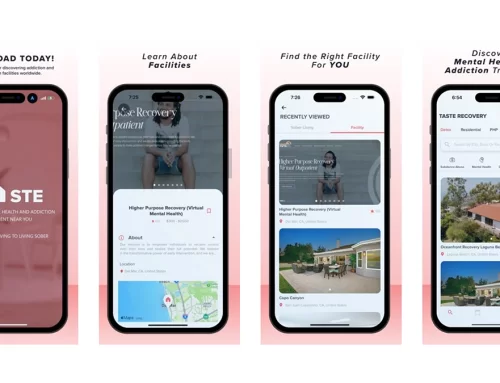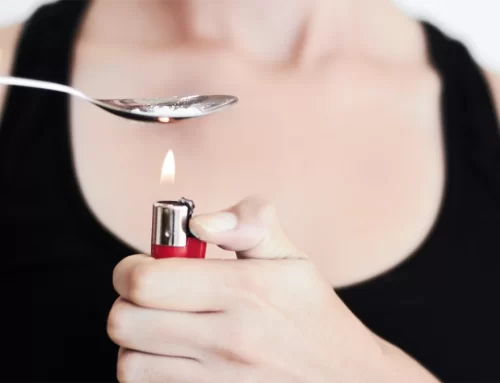Whether you’re working through substance use challenges yourself or supporting someone you care about, accountability plays a powerful role in recovery.
Recovery isn’t something anyone has to face alone, and most people do better when they have the right support.
This blog will show you how accountability can help you or your loved one stay on track, rebuild trust, and move forward with confidence.

Defining Accountability in Recovery
Accountability means taking responsibility for your actions. In recovery, this means being honest with yourself and others about your choices, especially when it comes to your health, behavior, and goals. It’s about saying, “Yes, I made that choice,” and being willing to face the results, good or bad.
Being accountable means trying your best, owning up when things go wrong, and staying open to making things better. It also means asking for help when you need it and allowing others to support you without hiding or blaming.
In recovery from substance use, accountability helps you stay on track, avoid denial, and build trust with others. When you’re honest and take responsibility, you’re stronger and more likely to stay sober in the long run.
Why Accountability Supports Long-term Sobriety
In recovery, accountability is a shared commitment to doing better and staying better. Here’s what research says:
1. Accountability thrives through social connections
Studies of people who stayed sober for over five years show they often credited recovery to close relationships (helpful peers, family, or service providers, etc.) who helped them notice and change risky habits.1 Keeping healthy relationships and avoiding negative ones supports becoming sober.
2. Supportive networks boost abstinence and self‑belief
Research has found that people whose social circle includes more sober individuals tend to do better in recovery. This kind of support improves both quality of life and belief in one’s ability to stay sober – that is, abstinence self‑efficacy.2
3. Close, responsible relationships matter
One study on people being treated for opioid use disorder found that sharing your situation with someone who is emotionally close and hasn’t used with you builds commitment to getting and staying clean. But telling someone you used to work with in the past might harm your motivation.3
4. Peer mentors and recovery coaches help you stay accountable
Peer support services led by people in recovery, including sponsors or recovery coaches, have been shown to reduce relapse and improve recovery outcomes. Such mentors model honesty, help you stay goal‑focused, and build recovery identity and problem‑solving skills.4
5. Being accountable improves mental health, too
Recovery community centers and peer support services help build your “recovery capital” (the skills, support, and confidence needed for lasting recovery). These resources raise self‑esteem, lower psychological distress, and promote a better overall quality of life.4
6. Group programs reinforce shared responsibility
Groups like AA or Oxford Houses create environments where members encourage one another, set personal goals, and check in regularly. This ongoing mutual accountability helps prevent relapse, maintain motivation, and reduce feelings of isolation.
Recovery Is Not a Solo Journey
When you’re recovering, you go through ups and downs. Sometimes you feel strong, and other times you might feel like giving up. That’s where others come in: people who care about you, listen without judgment, and remind you why you started this journey in the first place.
Support can come from:
- Family and friends
- Support groups like AA or NA
- Therapists or counselors
- Sponsors or recovery coaches
- Faith communities or trusted mentors
Below are easy steps you can take every day to help you stay focused on recovery:
- Start with a small goal – Even something as simple as drinking water, going for a walk, or journaling can help you feel steady.
- Check in with someone – Call or text a trusted person each day. Just a quick “Hey, I’m doing okay” helps keep you connected.
- Go to a meeting – Whether in person or online, being in a group reminds you that others understand what you’re going through.
- Protect your space from unhealthy influences – Set boundaries to protect your peace and safety.
- Write down your progress – A notebook or phone app can help you see how far you’ve come.
- Practice honesty – If you feel tempted or have a bad day, talk about it. Hiding it makes it harder.
- Take care of your body – Eat well, get rest, and move a little each day.
- Say one kind thing to yourself – Speak to yourself the way you would speak to a friend in recovery.
Being part of a support system keeps you grounded and reminds you that others believe in you, even on days when you don’t believe in yourself.
Using Accountability to Move Forward
Sometimes in recovery, things don’t go as planned. You might make a mistake, have a bad day, or even relapse.
What matters most is what you do next.
Why Accountability Helps You Grow
When you’re open about your struggles, it gives others a chance to support you. It also helps you see what triggers you, what needs to change, and what tools you can use to avoid the same mistake in the future.
Here’s how accountability helps:
- You stop hiding and start healing
- You learn faster from what went wrong
- You rebuild trust with yourself and others
- You stay connected instead of isolating
- You keep moving forward, one honest step at a time
What You Can Do After a Setback
- Talk to someone you trust: a sponsor, a friend, or a counselor
- Look at what led up to the slip: What were you feeling or facing?
- Make a plan to handle those triggers differently next time
- Forgive yourself and focus on your next step, not your last one
- Celebrate the fact that you didn’t give up
If you’re ready to take the next step in your recovery or support someone you love, Taste Recovery helps you connect directly with top-rated, licensed treatment centers across the country. Whether you’re looking for residential care, outpatient programs, or specialized support, we make it easier to find the right fit.

Sources:
- Pettersen, H., Landheim, A., Skeie, I., Biong, S., Brodahl, M., Oute, J., & Davidson, L. (2019). How Social Relationships Influence Substance Use Disorder Recovery: a Collaborative Narrative Study. Substance Abuse: Research and Treatment, 13(1-8). https://doi.org/10.1177/1178221819833379
- Islam, M. F., Guerrero, M., Nguyen, R. L., Porcaro, A., Cummings, C., Stevens, E., Kang, A., & Jason, L. A. (2023). The Importance of Social Support in Recovery Populations: toward a Multilevel Understanding. Alcoholism Treatment Quarterly, 41(2), 222–236. https://doi.org/10.1080/07347324.2023.2181119
- Brousseau, N. M., Karpyn, A., Laurenceau, J.-P., Farmer, H. R., Kelly, J. F., Hill, E. C., & Earnshaw, V. A. (2022). The Impacts of Social Support and Relationship Characteristics on Commitment to Sobriety Among People in Opioid Use Disorder Recovery. Journal of Studies on Alcohol and Drugs, 83(5), 646–652. https://doi.org/10.15288/jsad.21-00225
- Jason, L. A., Salomon-Amend, M., Guerrero, M., Bobak, T., O’Brien, J., & Soto-Nevarez, A. (2021). The Emergence, Role, and Impact of Recovery Support Services. Alcohol Research : Current Reviews, 41(1). https://doi.org/10.35946/arcr.v41.1.04



